Unexpressed Messages from the Self-Published
One of the online groups where I occasionally participate raised a question about self-publish vs traditional publishing. I know there are many people who are not on that online group so I’m also putting it here. I want to be the first to cheer when someone self-publishes a book and eventually hits it big with a traditional publishing arrangement. I’ve read the stories of John Grisham selling a self-published book from the trunk of his car. Or years ago I met Richard Evans (the author of The Christmas Box) at a book show when he had self-published his book and eventually Simon and Schuster picked up this title. But those two much touted examples are only two books in the midst of thousands of self-published books.
As an acquisitions editor, I see a number of self-published books. Writers will send me their self-published book in hopes I will acquire it for a traditional publishing house (Howard Books is where I acquire fiction).
My first question is why did this person self-publish? Often I find the motives of the writer are pure and passionate. They want to see their words in print. It’s very easy to get a book published these days--self-published. Now when you face the question of selling that book into the hands of customers, you are looking at a completely different (yet important) question. You can easily get a printed book to tuck into your garage but that doesn’t help people. The self-published writer longs to have a printed book. Most of the self-published books that I see are poorly crafted (not story driven or well-written) nor are they well-produced. The typography is poorly done and the cover is poorly executed. The overall impression is not positive and practically screams of inexperience. There are valuable reasons to self-publish--particularly if you can sell books through your speaking ministry or another way. You will actually make more money self-publishing--provided you can sell the books.
Earlier this week I wrote about the difference in books--traditional published books and self-published books after seeing them at the Erma Bombeck Writers' Workshop. One reader questioned my statistic about the six million manuscripts which are circulating at various publishers and with literary agents. I pointed out where I got such a statistic (which is a valuable page to bookmark if you need this information). In one sense, such a number is discouraging--and in another sense it can spur your own determination to become different. Call me a wild idealist but I work in publishing every day and I believe the writer can make their writing shine and believe they can make their proposal stand out from the others in the stack. It’s not easy but entirely possible.
Whether you self-publish or publish through a traditional press, it doesn't matter. What matters to me is excellence--in the writing and in the book production. If you do decide to self-publish, realize you are sending unexpressed messages to the editor.

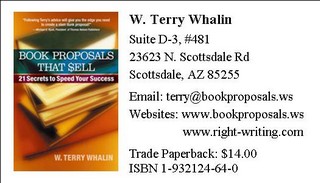
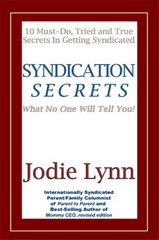

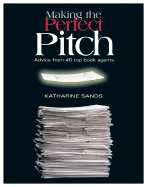
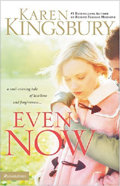
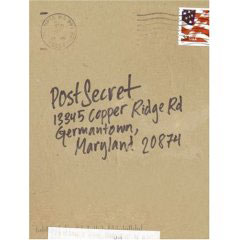
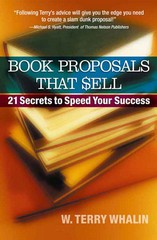
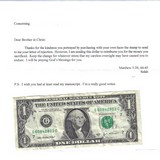

 The box has clearly marked red circles which indicate it is a flat rate box or you can stuff that container with any amount of weight for the same price. There are other available boxes which are exactly the same size—yet don’t have the red circle. The containers without the red circle are weighed and charged accordingly. I was surrounded with customers who were paying the postage according to their weight and not the flat rate. The post office keeps these boxes behind the service counter in the back. I picked up a small supply but learned I can
The box has clearly marked red circles which indicate it is a flat rate box or you can stuff that container with any amount of weight for the same price. There are other available boxes which are exactly the same size—yet don’t have the red circle. The containers without the red circle are weighed and charged accordingly. I was surrounded with customers who were paying the postage according to their weight and not the flat rate. The post office keeps these boxes behind the service counter in the back. I picked up a small supply but learned I can 



















